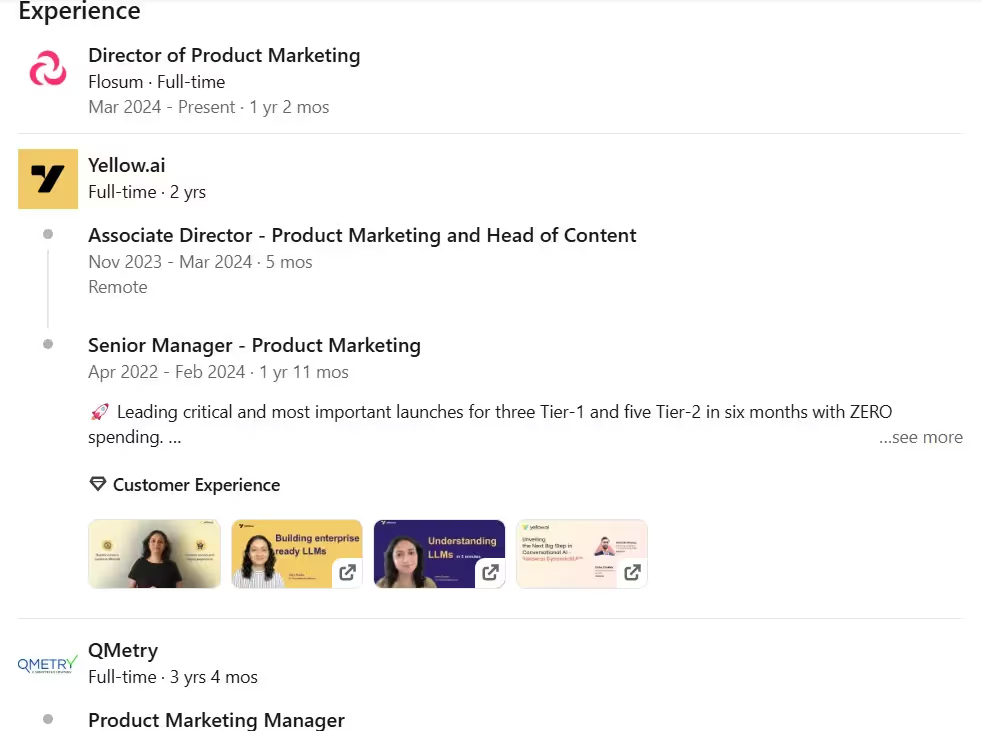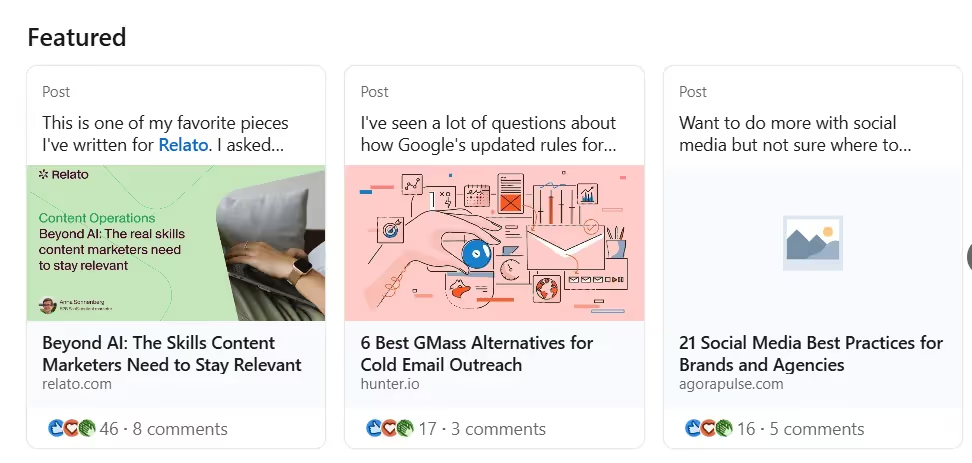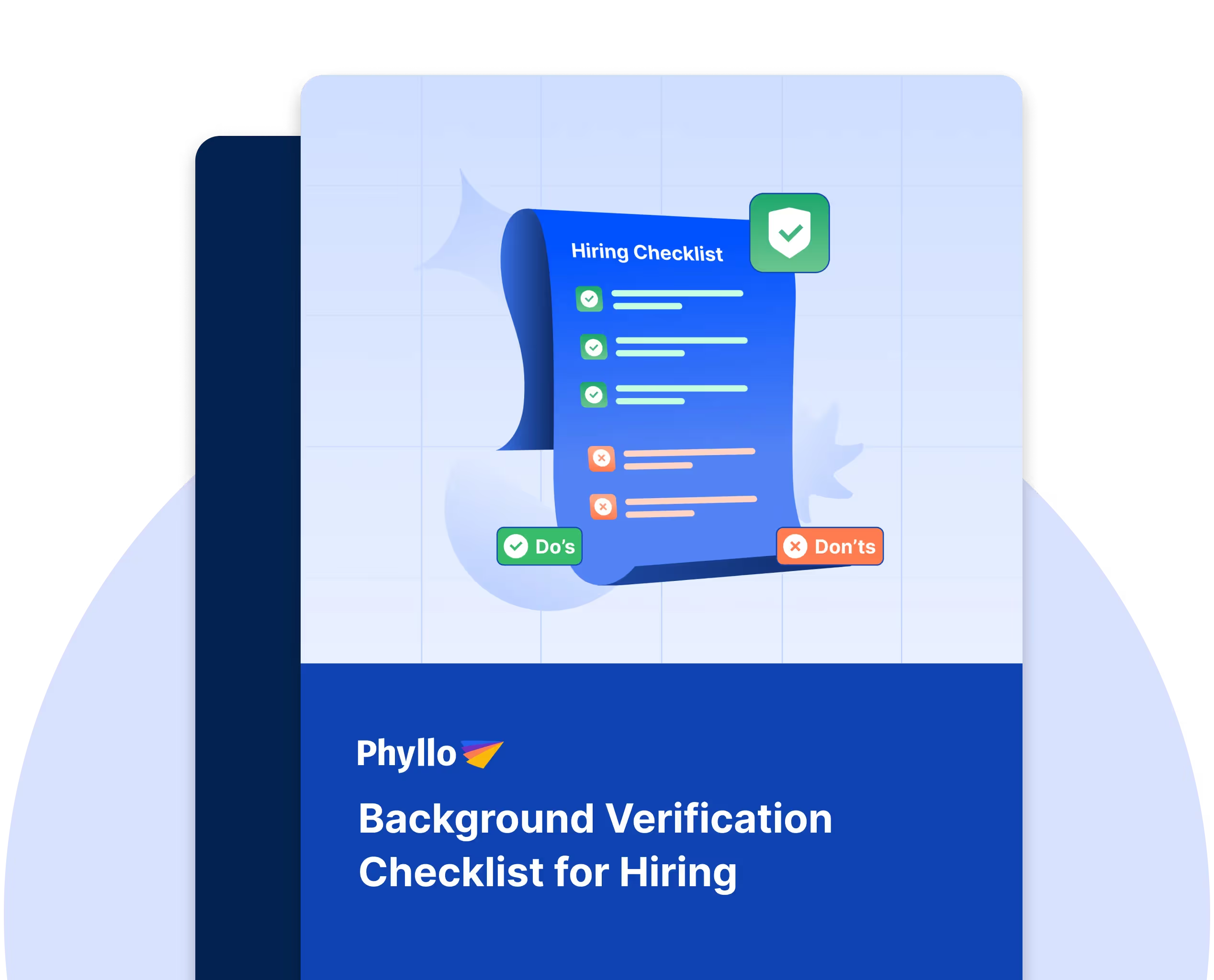Social media is no longer limited to watching funny cat videos or posting vacation pictures. It has become our digital reflection where we share our opinions, values, and professional credibility.
Hence, social media has become an important part of hiring decisions among recruiters. According to a 2023 survey by The Harris Poll, over 70% of employers use social media to screen candidates during the hiring process to understand the applicant beyond their traditional resume.
Through social media screening recruiters can assess the candidate’s behavior, professional background, how they present themselves online, and a holistic view of the candidate beyond their resume. This helps recruiters to analyze personality and potential cultural fit within the organization.
While social media has many benefits in candidate evaluation, there are some challenges too. For example, social media often contains personal information, and they need to be mindful of potential infringements of candidate’s privacy. There’s also high chances of discrimination bias and employers must be cautious while using social media screening.
If you’re looking to introduce social media screening for employment at your workplace, then this blog post has everything you need to know — how to do it the right way and how employers should ethically navigate the process while staying compliant.
What is Social Media Screening for Employment?
Social media screening for employment means reviewing a candidate’s online activities that are publicly available to gain a deeper insight into their personality and behavior. Employers use social media screening to understand the potential fit beyond their traditional resume.
Social media screening for employment includes:
- Kind of content shared on social platforms like LinkedIn, Facebook, TikTok, Instagram, and X(formerly Twitter).
- How the potential candidate is engaging with others through comments and likes
- Public posts and photos
- Bio information and hashtags used
Some of the commonly used social media platforms are:
Why Employers Use Social Media Screening
Social media screening helps employers evaluate various critical information about their potential hires. Some of these are:
- Corroborating candidate information: Verifying basic resume details such as education, work experience, and skills.
- Assessing professionalism: Analyzing the tone and the style of the published content, recruiters evaluate how the candidates present themselves online and gauze their communication style.
- Cultural fit: Based on the content and communication style, the online engagement pattern with industry-related content, personality traits, interests, hobbies, and values is analyzed through social media content to gain insights into a candidate's values and interests and determine whether they have a good cultural alignment with the organization.
- Identifying red flags early: Social media screening also helps in detecting inappropriate behavior, discriminatory remarks, or illegal activities that could harm the organization’s reputation.
The positive impacts of social media screening
- Enhanced Decision-Making: Providing additional context about candidates beyond resumes and interviews.
- Improved Hiring Accuracy: Helping employers find candidates who align with job requirements and organizational values.
- Showcasing Creativity: Allowing candidates to highlight their skills or portfolio through their online presence, particularly in creative fields.
The Risks and Challenges of Social Media Screening
- Privacy Concerns: One of the biggest challenges of social media screening is a potential invasion of privacy when reviewing personal profiles or private content.
- Unconscious Bias: Personal information related to gender, race, religion, or age visible on social media can unintentionally influence the hiring decision of the recruiter, leading to unconscious bias.
- Relevance Issues: Social media doesn't always offer the complete context to a post or a comment, so it can be difficult to distinguish between personal content and professionally related content.
- Legal Risks: Non-compliance with laws like FCRA (Fair Credit Reporting Act) or local regulations regarding candidate screening can lead to legal challenges if not handled carefully.
To learn more, visit Social Media Background Checks While Hiring.
Ethical Considerations for Employers
When social media screening is a part of the hiring process, employers need to be concerned to ensure an ethical and fair selection process. They should:
- Be Transparent: Candidates must be informed about social media screenings. This transparency builds trust and allows candidates to provide context to their online presence. Clearly outline what aspects of their social media will be reviewed and how the information will influence hiring decisions.
- Comply with Anti-Discrimination Laws: Employers must ensure their screening process adheres to laws like the Equal Employment Opportunity Commission (EEOC) guidelines, GDPR (for European candidates), or other local regulations. Using protected characteristics to accept or reject a candidate is not just unethical—it’s illegal.
- Avoid Unconscious Bias: Avoid judging candidates based on their personal information related to gender, race, religion, or age that is visible on social media. Employers must be cautious and ensure that such information does not affect their evaluation of a candidate's suitability for a role.
- Stick to Job-Relevant Content: Focus only on job-relevant information available on social media to avoid unfair assessments. Instead of personal beliefs or activities, focus on their professional qualifications or behaviors that reflect job performance or cultural fit.
Best Practices for Social Media Screening
Here’s how to implement social media screening responsibly and efficiently:
- Create a Policy: Create a comprehensive guideline containing the details, like what will be reviewed during screenings and how the results will be used. Include the platforms you will check, the types of content considered relevant, and the criteria for evaluation. This clarity will help to ensure consistency and fairness in the screening process.
- Obtain Consent: Ask your candidates to provide consent before checking their online profiles. This shows respect for their privacy and keeps you legally safe.
- Focus on Professional Platforms: LinkedIn and GitHub are better suited for professional screening than platforms like Snapchat or private Instagram accounts. Only look at personal accounts if they are publicly available and relevant.
- Balance Automation with Human Oversight: While using AI-powered tools for the screening process, it is good to incorporate human judgment as well. Automated systems may lack the nuance to interpret context accurately, so a combined approach can help mitigate errors and biases.
- Use Third-Party Tools: Consider using tools that specialize in social media screening. These services follow laws and reduce the chances of discrimination or manual errors.
- Document the Process: Maintain records of what was reviewed and why. This helps ensure consistency and can protect your company in case of legal scrutiny.
For Job Seekers: Preparing for Social Media Screening is Important
As employers increasingly incorporate social media into their evaluation processes, job seekers should proactively manage their online presence. Here are some tips for optimizing your online presence:
- Clean Up Your Social Media Content: Regularly review your profiles to identify and remove inappropriate content that could raise red flags. This includes posts with inappropriate language, controversial opinions, or unprofessional images.
- Highlight Professional Achievements: Use platforms like LinkedIn to showcase your skills, accomplishments, and professional experiences. You can also enhance your professional image by sharing industry-related articles, participating in discussions, and displaying endorsements. For example, you can update all your relevant job experiences in LinkedIn at the experience section.

- Update Privacy Settings: Utilize privacy settings to control who can view your content. While maintaining some public visibility is beneficial, one should make their personal content visible only to friends.
- Be Consistent: Make sure your resume and LinkedIn profile match in terms of education, skills, and work history. When everything is consistent, it builds trust and helps employers clearly understand your experience and background.
- Showcase Skills: If you’re in a creative or tech field, share projects, blog posts, or certifications through social media. You can also participate in online groups and forums related to your industry. This engagement shows your commitment to professional development and can expand your network. For example, you can use LinkedIn featured section to showcase your work like this.

The Future of Social Media Screening in Recruitment
- AI in Social Media Screening: AI tools are being developed to analyze social media content automatically and identify patterns of professionalism, leadership, or red flags. These tools can also help remove human bias by focusing only on job-relevant indicators.

- Balance Between Tech and Ethics: While AI can improve accuracy, companies must ensure they use it responsibly. It is essential to maintain a balance between collecting meaningful insights and respecting personal boundaries.
- Changing Laws and Guidelines: Countries are updating laws to protect candidates from privacy violations. For example, some states in the U.S. prevent employers from asking for social media passwords. Employers must stay updated on legal changes and ensure their policies are compliant.
Conclusion
Social media screening for employment has become a powerful tool in modern recruitment. It offers valuable insights into a candidate’s personality, communication style, and potential cultural fit. However, it also comes with risks related to privacy, bias, and legal compliance.
For employers, the key is to stay ethical and transparent. Focus on what matters for the job, follow a clear policy, and respect candidates' personal boundaries.
On the other hand, job seekers need to understand that their online presence matters. Treat your social media as an extension of your resume and keep it clean, consistent, and professional.
Whether you’re a recruiter or a job seeker, navigating the world of social media screening with responsibility and awareness can lead to better hiring outcomes and long-term success.


.avif)










.avif)